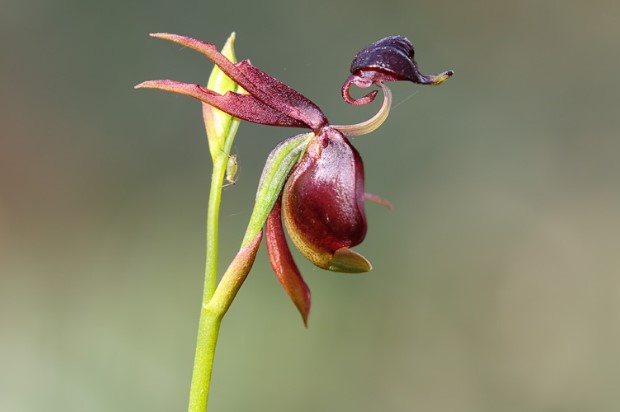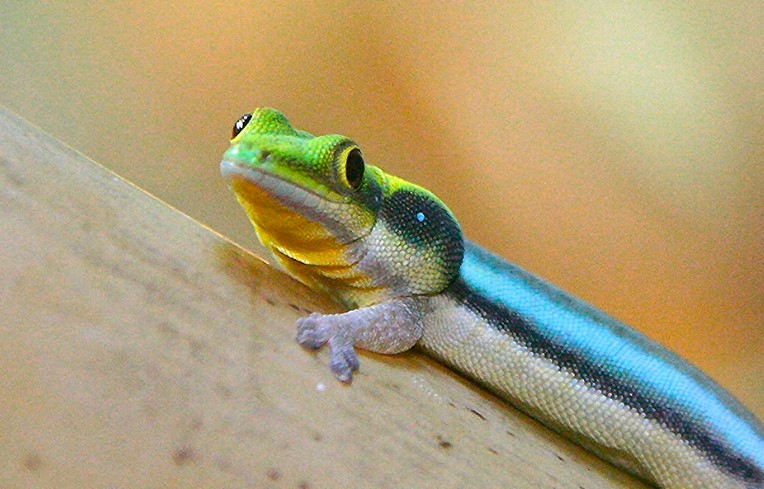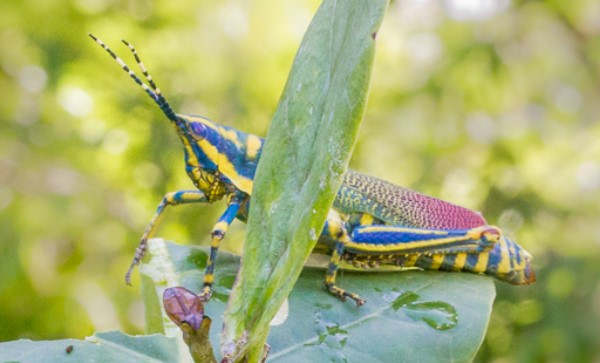There are certain species of olive tree, which has an incredibly long life span. A certain elegance can be found in olive plants due to their steadfastness and understatement. Their longevity has allowed them to witness changes in people, seasons, and historical events. The trunk of the tree displays the impressive age, which has suffered countless catastrophic climates.
The experiences of some trees are greater than those of others. In the village of Ano Vouves on the Greek island of Crete, there is an ancient olive tree whose threads have stretched back millennia to the time of the return of Athens to the Olympics in 2004.
It is believed that the Olive Tree of Vouves is thousands of years old. Fresh olives still grow on the tree, despite its impressive age. As early as 3,000 years ago, olive trees were being grown commercially in Crete. A large amount of olive oil was used in diets and literature. During this time of important production, the Vouves tree was planted.
Since the heartwood of the tree has decayed within its 15-foot diameter, isotope dating is not possible. The rings on its trunk, however, indicate that it has existed for at least two millennia. However, other estimates place the age at upwards of 4,000 years, so this baseline estimate might be too low.
One might expect that the tree would be withered and dry after all these years. The tree has been able to continue producing olives because of cultivars (grafted plants). During the 2004 Athens Olympic Games, its boughs adorned the heads of winners, an iconic return to tradition. Despite being protected, the Olive Tree of Vouves is not the only ancient tree on the planet.
There is a 4,854-year-old Great Basin bristlecone pine in California (Pinus longaeva). As early Mesopotamian civilizations developed cities and traded, and Egypt’s Second Dynasty began, its seeds germinated in 2832 BCE. A 6,000-year-old olive tree in Lebanon is known as “The Sisters” or “Sisters Olive Trees of Noah.” Their resilience has endured wars, pandemics, droughts, and fires.
Read More – Wildlife Values of Conservation Trees and Shrubs







